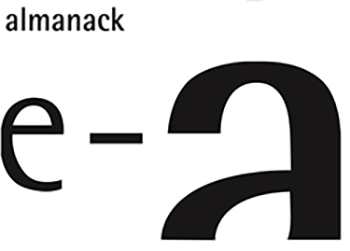Abstract
The law of May 13, 1888, which abolished slavery in Brazil, offered no reparation whatsoever to slave owners in its two only articles; however, both its instituting cabinet and the one that succeeded it adopted compensatory economic policies of an indemnifying effect, especially for the Bank of Brazil. The first branch of action concerned aid for farming, designed to safeguard Brazil’s productive dynamism and, ultimately, the imperial budget. Linked to the first, the second front concerned the solvency of the banking system, mainly the Bank of Brazil. As the institution had taken enslaved individuals as mortgage collateral, in the absence of a program to incentivize farming, subsequent defaults would impact the Bank’s market value, in a process that would affect its deposits and its assets resulting in a critical financial scenario. The Bank of Brazil held almost 40% of Rio de Janeiro’s banking sector, the largest in the country. It would also be a huge risk for the payment of the public debt, greatly supported by the Bank since the 1870s. Dependent on the institution, the governments of João Alfredo and Ouro Preto injected it with unparalleled liquidity, producing a redoubled indemnity effect, considering that the Bank’s main investors were coffee growers from Rio de Janeiro’s Paraiba Valley. Despite their efforts, the contributions tended to remain in their financial rather than productive form, which only deepened the resentment of the coffee growers in Western São Paulo towards the Court’s agreements, furthering their republican sentiment.
Keywords:
Slavery - Abolition - Indemnification - Bank of Brazil - Crisis of the Brazilian Empire

 Thumbnail
Thumbnail
 Thumbnail
Thumbnail
 Thumbnail
Thumbnail
 Thumbnail
Thumbnail
 Thumbnail
Thumbnail
 Thumbnail
Thumbnail
 Thumbnail
Thumbnail
 Fonte: Carreira (1980); Relatórios do Ministério da Fazenda (1864-1871)
Fonte: Carreira (1980); Relatórios do Ministério da Fazenda (1864-1871)
 Fonte: Carreira (1980); Gambi (2015); Relatórios do Ministério da Fazenda (1871-1880); Summerhill (2015)
Fonte: Carreira (1980); Gambi (2015); Relatórios do Ministério da Fazenda (1871-1880); Summerhill (2015)
 Fonte: Bacha; Greenhill (1992); Luna; Klein (2014)
Fonte: Bacha; Greenhill (1992); Luna; Klein (2014)
 Fonte: Relatórios do Banco do Brasil (1874-1888); Relatórios do Ministério da Fazenda (1874-1888)
Fonte: Relatórios do Banco do Brasil (1874-1888); Relatórios do Ministério da Fazenda (1874-1888)
 Fonte: Diário do Brazil, 23/10/1884 [versão integral] [Fundação Biblioteca Nacional]
Fonte: Diário do Brazil, 23/10/1884 [versão integral] [Fundação Biblioteca Nacional]
 Fonte: Carreira (1980); Gambi (2015); Relatórios do Ministério da Fazenda (1875-1890); Summerhill (2015)
Fonte: Carreira (1980); Gambi (2015); Relatórios do Ministério da Fazenda (1875-1890); Summerhill (2015)
 Fonte: Schulz (2008); Luna; Klein (2019)
Fonte: Schulz (2008); Luna; Klein (2019)